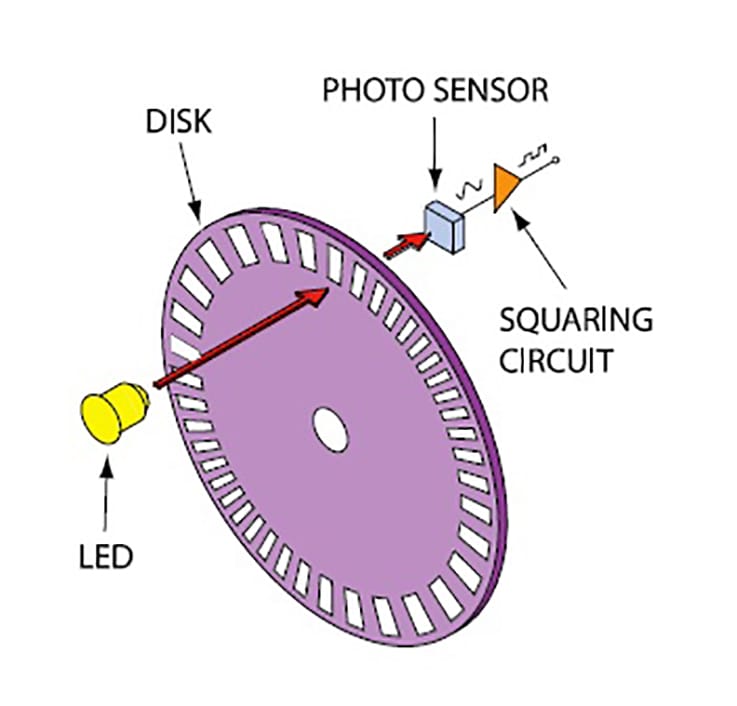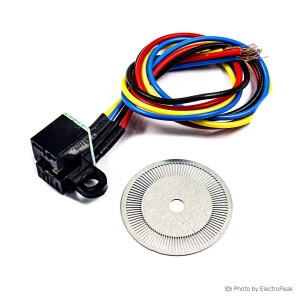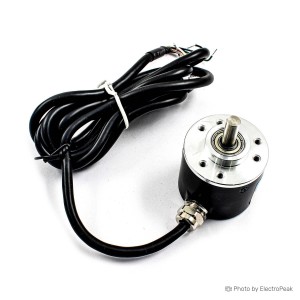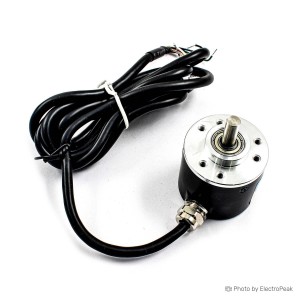Rotary Encoder Sensors work by generating electrical pulses as the encoder shaft rotates. These pulses are then interpreted by a microcontroller or electronic circuit to determine the direction, speed, and position of the rotation.
Rotary Encoders
What is a Rotary Encoder Sensor?
A rotary encoder sensor is a device used to convert the angular position or motion of a shaft into an electrical signal. These sensors find applications in various systems, such as motor control, robotics, and user input devices, providing accurate position feedback.

Price of Rotary Encoder Sensors:
The price of rotary encoder sensors varies based on factors like resolution, type, and additional features. Simple models like the EC11 are cost-effective, while high-resolution or specialized encoders may have a higher cost.
Tips for Buying Rotary Encoder Sensors:
Consider factors such as resolution, type (incremental or absolute), and mounting options when selecting a rotary encoder sensor. Choose an encoder that suits your project's requirements for precise position feedback.
Popular Models of Rotary Encoder Sensors:
How does a Rotary Encoder Sensor work?
What are the applications of Rotary Encoder Sensors?
Rotary Encoder Sensors find applications in various fields, including robotics, industrial automation, CNC machines, and consumer electronics. They are used to measure and control the position of rotating elements in a wide range of devices.
Are there different types of Rotary Encoder Sensors?
Yes, Rotary Encoder Sensors come in various types, including incremental and absolute encoders. Incremental encoders generate pulses for each incremental movement, while absolute encoders provide a unique code for each position, allowing for precise positioning.


